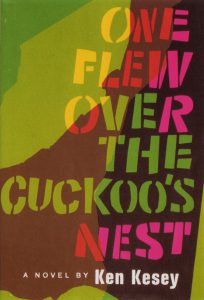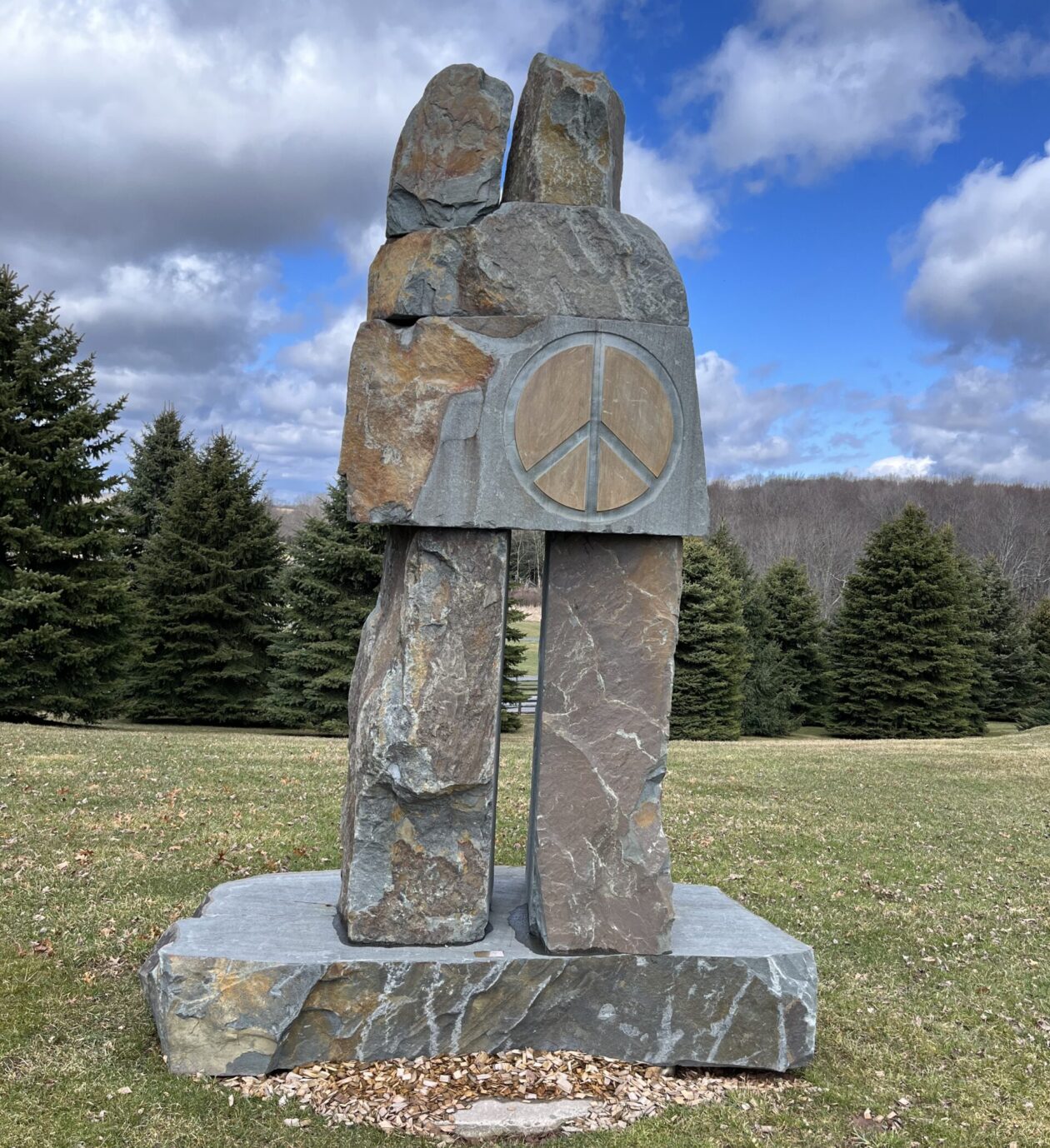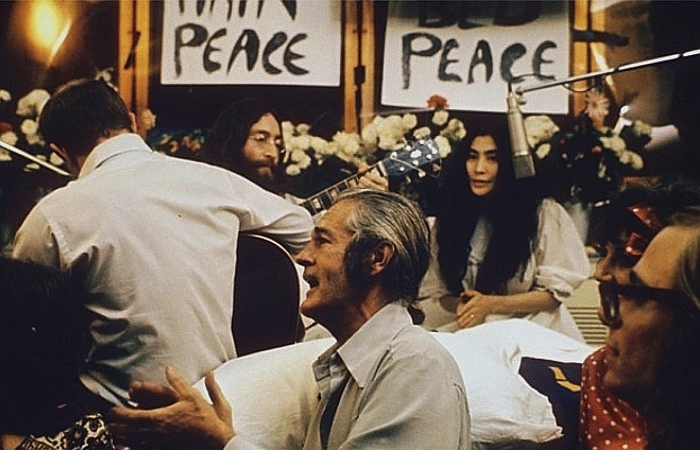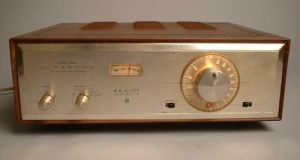June Music et al
Ornette Coleman
June, 1960: Ornette Coleman released “Change of the Century” album.
From AllMusic: The second album by Ornette Coleman’s legendary quartet featuring Don Cherry, Charlie Haden, and Billy Higgins, Change of the Century is every bit the equal of the monumental The Shape of Jazz to Come, showcasing a group that was growing ever more confident in its revolutionary approach and the chemistry in the bandmembers’ interplay. When Coleman concentrates on melody, his main themes are catchier, and when the pieces emphasize group interaction, the improvisation is freer.
June Music et al
Ken Kesey
 June 1961: Ken Kesey finished writing One Flew Over the Coocoo’s Nest and moved from California to his home in Oregon.
June 1961: Ken Kesey finished writing One Flew Over the Coocoo’s Nest and moved from California to his home in Oregon.
Previously at the encouragement of Vik Lovell, a Perry Lane neighbor and Stanford psychology graduate student, Ken Kesey had volunteered to take part in a CIA-financed MKULTRA project at the Menlo Park Veterans Hospital. Kesey was working there as a night aide. The project studied the effects of psychoactive drugs. Kesey wrote many detailed accounts of his experiences with these drugs, both during the study and in the years of private experimentation that followed. Kesey’s role as a medical guinea pig, as well as his stint working at the state veterans’ hospital (where he had access to the cabinet where they kept LSD), inspired him to write One Flew Over the Cuckoo’s Nest. In 1962 Congress passed new drug safety regulations and the FDA designated LSD an experimental drug and restricted research.
June Music et al
LSD
In 1962: Congress passed new drug safety regulations and the FDA designated LSD an experimental drug and restricted research. (see Feb 1)
June Music et al
Del Shannon
June, 1963: Del Shannon released his cover of “From Me to You.” Shannon’s version entered the Billboard Hot 100 on June 29 becoming the first Lennon–McCartney composition to make the American charts. It spent four weeks on the chart and peaked at number 77. It was even more successful in Chicago where it reached 15 on the WLS “Silver Dollar Survey” (see August 3, 1963)
June Music et al
Future Woodstock Performers
June 1966: Incredible String Band (Robin Williamson, age 22 , and Mike Heron, age 22 ) released first album, The Incredible String Band. (see In July)
June Music et al
Pete Seeger
June 1966: released Bring ‘em Home. (Vietnam, see June 4; NM, see June 27)
Ken Kesey jailed
June 1967: Ken Kesey began serving 6 months on work farm for marijuana conviction. (see July 17)
The Association
June 1967: The Association released their third album, Insight Out which contained the anti-war song, “Requiem for the Masses.” (see June 20)
Crosby, Stills, Nash, and Young
June 1970: Crosby, Stills, Nash, and Young released Young’s song, “Ohio” Later, Young wrote: “It’s still hard to believe I had to write this song. It’s ironic that I capitalized on the death of these American students. Probably the most important lesson ever learned at an American place of learning.” (see June 9)



